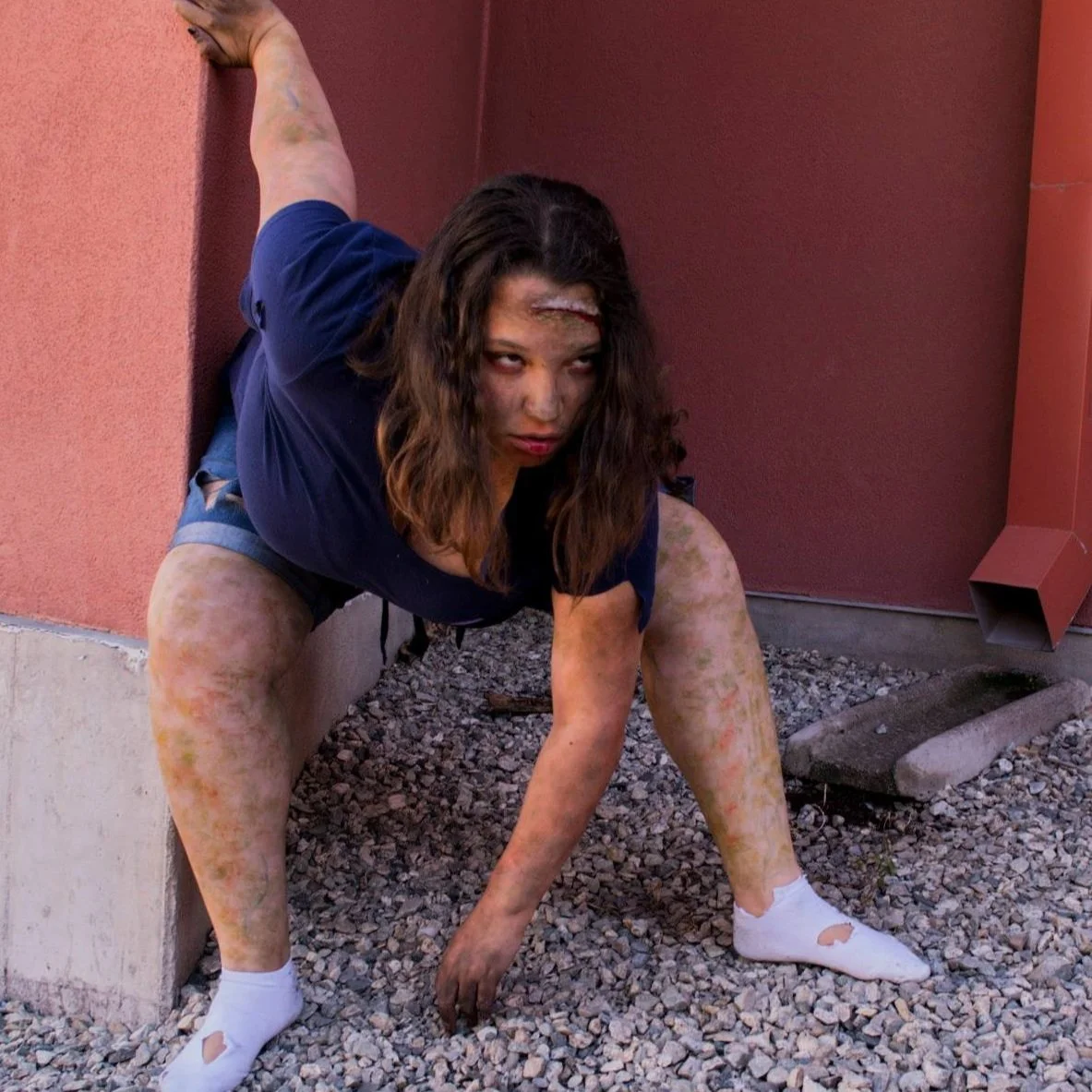Artistic Vision & Programming Philosophy
Artistic Programming Philosophy
I believe that theatre possesses the ability to unsettle, entertain, and enrich our lives. My programming is dedicated to stories that push the boundaries of comfort while providing solace to those in need — encouraging audiences to face trauma, joy, injustice, absurdity, and change. I am particularly interested in works that have been banned, misunderstood, or marginalized, as they frequently contain profound truths and significant influence.
My most influential artistic experiences have stemmed from studying plays such as Bent, For Colored Girls, and Mitzi's Abortion. These works require adept performances, deep emotional engagement, post-show discussions, trauma-informed rehearsal environments, and collaborations with the community. These productions are not optional but crucial for shaping knowledgeable, compassionate artists prepared to impact the world positively.
I profoundly respect classical rigor, particularly in Shakespearean and operatic styles. My directorial thesis focused on The Intruder by Maurice Maeterlinck, which is notoriously challenging to the stage—even for Stanislavski. I've directed this play twice, and on both occasions, I had the actor portraying Grandfather rehearse while blindfolded to develop a profound physical and emotional grasp of helplessness in the presence of death.
Whether horror, cringe comedy, devised physical theatre, or grand operatic musicals, I select pieces that push the boundaries of form and emotion. I aim for audiences to laugh uncontrollably, shed tears when they least expect it, sit in stillness, or shift uncomfortably in their seats—and ultimately leave transformed.
“Theatre ought to disrupt our assumptions, ignite conversations, and reestablish the enchantment of live storytelling as a communal, restorative experience.”
Artistic & Season Planning Statement
“My programming lens is holistic: What will stretch the artist? What will serve the audience? What will ripple beyond the curtain?”
In my 2025–2026 proposed season, I curated a lineup that included:
Comedy through chaos (The Play That Goes Wrong, Witches? In Salem?!)
Classical horror and philosophical tension (Dr. Jekyll and Mr. Hyde, Frankenstein)
Social justice narratives (Radium Girls)
Adolescent grief and the afterlife (Ride the Cyclone)
Mythic love and loss (Hadestown)
When building a season, I balance:
Artistic growth for performers
Accessibility and relevance for audiences
Production feasibility and community collaboration
My process doesn't end with choosing titles—it includes:
Trauma-informed rehearsal methods (like Alba Emoting, Laban, and scene decompression)
Workshops and community talkbacks around sensitive themes
Equity-centered casting and access support for multilingual learners and students with disabilities
Community partnerships (e.g., Theatreworks, Opera Colorado, Staging the Future) to bring students into professional theatre spaces and vice versa
For example: I’ve always adored the concept of a production of Annie with high school/college students as the ‘adults’ and elementary-middle schoolers for the ‘orphans’; Alternatively, directing a collaborative production with local folklorica dance troupes for In the Heights or West Side Story would be a delight!





